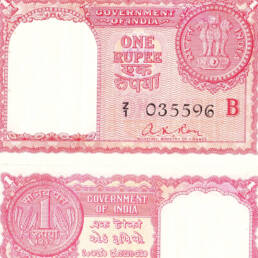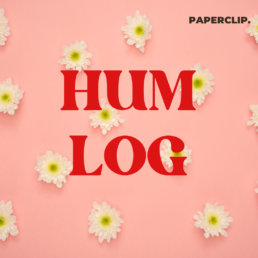A Bollywood song once sparked the nation’s patriotic fervour during the independence movement and also enraged the British authorities to no end, but with a brilliant disguise.
The riveting track “दूर हटो दुनियावालों, हिन्दुस्तान हमारा है” (Back off foreigners, Hindustan belongs to us) sung by Amirbai Karnataki and Khan Mastana was featured in the 1943 Bollywood hit Kismet, starring Ashok Kumar and Mumtaz Shanti. But what made this song unique?
It inspired patriots fighting for independence with its stirring lyrics written by Kavi Pradeep and uplifting score composed by the brilliant Anil Biswas. However it also had a hidden meaning that the British authorities missed.
Kavi Pradeep was a revolutionary at heart who took part in the Quit India movement led by Gandhi and other INC leaders. He realised that films were a powerful tool for spreading the message of Indian nationalism.
The British Empire was clinging to its last vestiges of power and eager to crush any perceived threats. Against this backdrop, he wrote the song during the turmoil of the Quit India Movement, a time when many Indian leaders were imprisoned.
The song, purportedly warning the Axis powers, had its true meaning concealed in the lyrics. “Tum na kisike aage jhunkna, German ho ya Japani”. The reference to Japan and Germany got the song past the strict British censorship.
But the line “Door hato O Duniya walon, Hindustan hamara hay” just before the reference to Axis nations, made the true meaning clear to the people – India would not submit to any foreign power, German, Japanese or otherwise.
And it was effective. The song spread like wildfire across the country and became a rallying cry for India’s long-awaited freedom. Everywhere one went, the song was being hummed or sung by ordinary people.
‘Kismet’ caused a stir at the box office and the song became an instant smash hit. Theatres all over the country were jam-packed with eager crowds who wanted to hear it over and over again.
The song had to be rewound several times, as the audience chanted “encore” after each screening. The movie ran for an unprecedented 3½ years in Calcutta’s famous Roxy cinema where even Netaji went to watch it.
The effect of the song though did not go unnoticed by the British authorities. They attempted to ban the film and issued a warrant for the song’s writer, Kavi Pradeep who had to go into hiding to avoid arrest.
Despite the threats, “Door hato O Duniya walon” continued to inspire. It became an anthem for independence movement rallies and a symbol of the country’s tenacity and determination.
The British may have tried to suppress it, but they could not muffle the power of music or the indomitable spirit of freedom fighters. The song’s legacy lives on to this day, a testament to the power of art and the nation’s unbreakable spirit.
Sources:
- Jayson Beaster-Jones, Bollywood Sounds: The Cosmopolitan Mediations of Hindi Film Song, Oxford University Press
- Sudhir Mahadevan, A Very Old Machine: The Many Origins of the Cinema in India, State University of New York Press
Image attributes:
- Public domain from Wikimedia, Sheemaro Fimi Gaane Youtube channel for screencaps.




